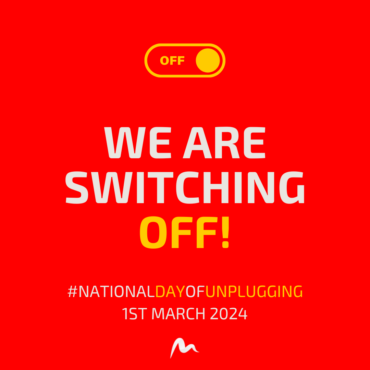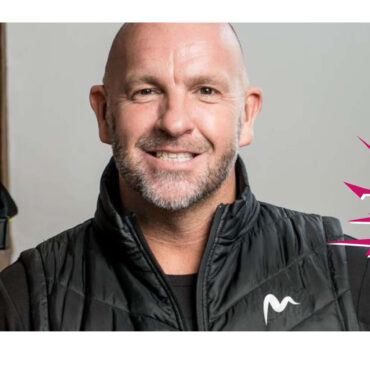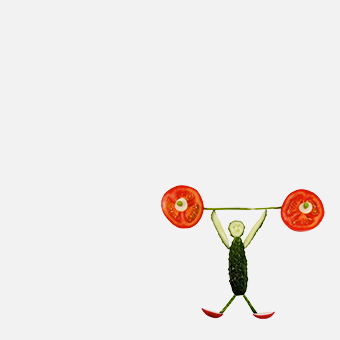Sometimes it might be too high and sometimes it might be too low! You might not even know what numbers are high and low and how to manage it, but high blood pressure is one of the defining health issues of our time – and one of the deadliest. So, what’s it all about – and, more importantly, what can we do to keep ours down?
What is blood pressure and how is it measured?
Blood pressure is the force our hearts use to pump blood around our body. The higher the pressure, the greater the force – and the strain on our heart and arteries.
Blood pressure is measured in millimetres of mercury and is given as two numbers:
Systolic pressure – the pressure when your heart pushes the blood out.
Diastolic pressure – the pressure when your heart is resting.
So, if your blood pressure is 130 over 90, your heart pumps at a pressure of 130 mg of mercury and rests at 90.
Healthy blood pressure is between 90/60 and 120/80. Over 140/90 is considered high – and needs attention: your heart is working overtime and your arteries are under stress. If you’re between 120/80 and 140/90 you’re what doctors call ‘pre-hypertensive’ – which may mean you’re on the way to developing high blood pressure.
So what’s the problem?
Left untreated, high blood pressure can lead to serious health problems. Although our arteries are stretchy, high blood pressure makes them stiff and narrow. This means they’re more likely to get clogged up. Which is seriously bad news. It can lead to strokes, heart attacks, kidney failure, sight problems and even dementia.
What causes high blood pressure?
Although background and genetics play a part – it can run in families, and is more prevalent if you’re of black African or Caribbean origin – most of us get high blood pressure through lifestyle. And it’s the usual suspects: smoking, overdoing the alcohol, not exercising, carrying too much weight, plus there’s a strong association with eating a lot of salt. Links between stress and high blood pressure are contested, but there’s no doubt that stress-busting changes in lifestyle, such as regular exercise and a healthy diet, can help lower your blood pressure.
How do I know if I’ve got high blood pressure?
Well it’s mostly symptomless – which is why it can be a silent killer. The following though can be signs that your blood pressure might be too high:
- Headaches
- Dizziness
- Chest pain
- Shortness of breath
- Blurred vision
- Nosebleeds
The only sure way to find out is to get your blood pressure tested. The British Heart Foundation recommend healthy adults over 40 get checked every five years – more frequently if you know you’re at risk.
What can I do if I’ve got high blood pressure?
If your doctor thinks you’ve got a problem, they might prescribe drugs, like ACE inhibitors, which can be effective. But the good news is that even if you’re on medication, there are real changes you can make to help bring it down. The following are proven to help lower blood pressure:
- Eat savvy – choose a healthy, plant-based diet, low in fat, red meat and alcohol – but high in fruit, veg and wholegrain carbs
- Keep active – find smart ways to get a little exercise into your daily routine, as little as 150 minutes a week (which can be broken down into 5 x 30) will work wonders
- Watch your weight – a healthy diet and regular exercise can help shed pounds
- Stay off the cigarettes – and go light on the alcohol
If you’re looking for a quick blood pressure check you can either book an appointment at your local doctors surgery or pop to your local Active Nation venue for a check, it only takes a couple of minutes.
Know your numbers
Each year in early September a campaign run by Blood Pressure UK aims to get people checking their blood pressure. We are a huge fan of this and try to support and raise awareness wherever we can. To play your part, just drop by for a quick and free blood pressure check, it could be a life saver!


















